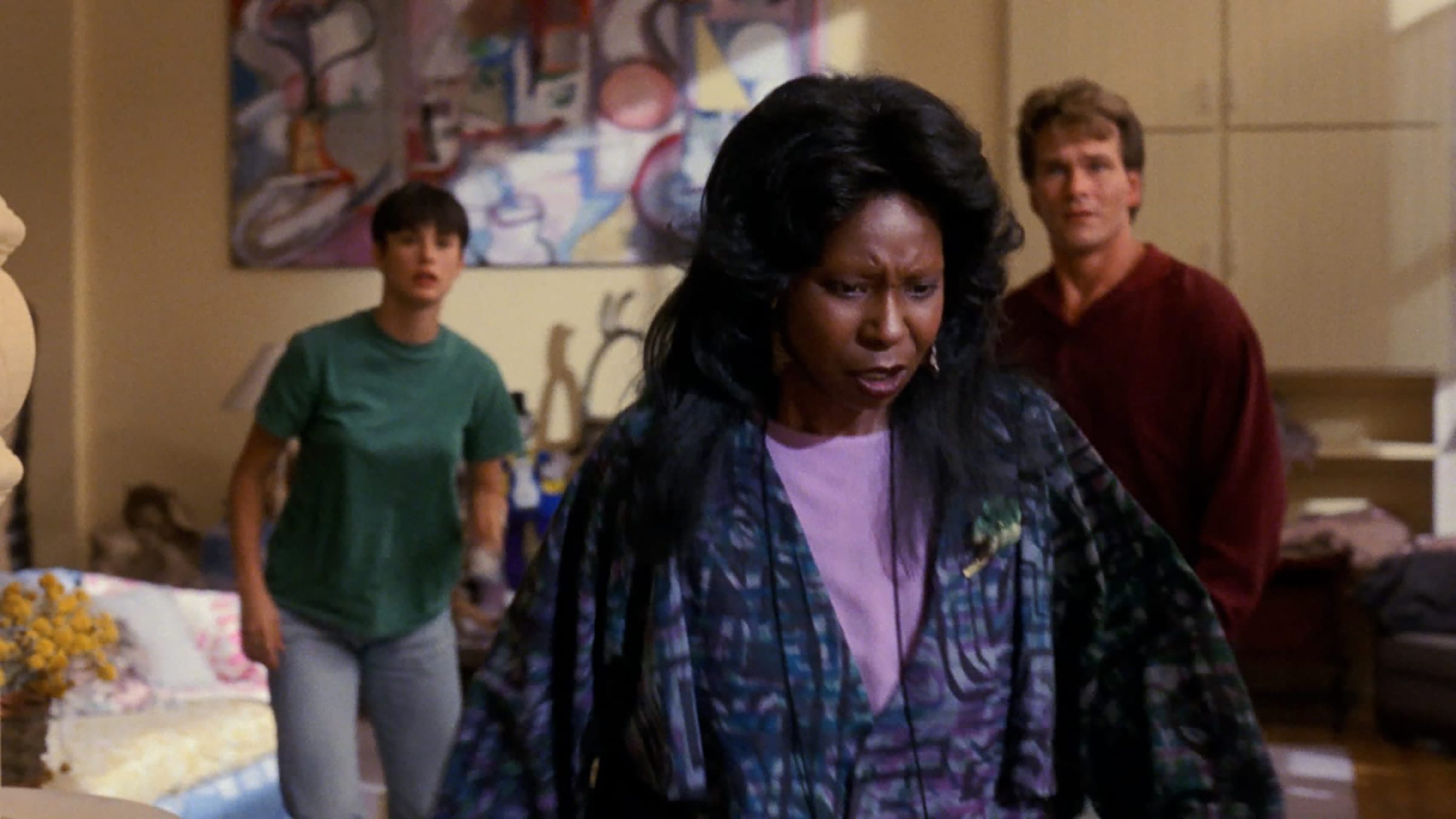RELATED ARTICLE
The High-Wire Energy of Great Ensemble Acting
By Isaac Butler
The Criterion Collection

First, you must remember that being a lead isn’t all it’s cracked up to be. Sure, you get a lot of screen time, and sure, the focus is on you, and, yes, there’s the paycheck to consider. But leading roles are not always where the most interesting stuff in a movie can be found. They are often load-bearing walls, carrying so much plot and world-building that they have little time for anything else. Not to mention the old adage: familiarity breeds contempt. One of the great things about being a supporting actor is you can leave the audience wanting more. The trick is to make it seem like there’s a whole other movie happening offscreen, and that it’s about you.
Keep in mind that Konstantin Stanislavski and Vladimir Nemirovich-Danchenko founded the Moscow Art Theatre—the place where most of our modern acting techniques and ideas of theatrical taste were developed—in part because stars were too dominant on Russia’s stages. The “star turn”—a grand performance designed to show off one’s talent and technique rather than to realize a specific character in a specific play—had become so popular that actors were regarded as secular saints and no one cared about the quality of the other performances or the scripts or the sets and costumes. When Stanislavski and Nemirovich-Danchenko started their company, they decided to insist on a standard of excellence in all things, enshrined in a series of aphorisms—the most famous of which was “there are no small parts, only small actors.” The Moscow Art Theatre’s globe-spanning fame was largely based on the strength of their ensemble casts and their approach to supporting turns, which gave the impression that the third spear carrier from the left seemed to have worked out his entire life story prior to coming onstage.
Stanislavski and Nemirovich-Danchenko’s contention that every role mattered was revolutionary at the time, and can still feel provocative today. Shakespeare, who often put things best, even gave a character a speech about it once. In Julius Caesar, the Roman senator Cassius rails against the fact that he is a supporting character and not a protagonist, saying of Caesar:
Why, man, he doth bestride the narrow world
Like a Colossus, and we petty men
Walk under his huge legs and peep about
To find ourselves dishonorable graves.
Men at some time are masters of their fates.
The fault, dear Brutus, is not in our stars,
But in ourselves, that we are underlings.
Shakespeare was himself an actor, so perhaps he had firsthand experience of this sort of envy. Unfortunately for Cassius, he never gets to be the leading man. That role instead falls to his scene partner Brutus. But Cassius is the best part in the whole show, in part because, unlike Brutus, he actually gets to have fun.




